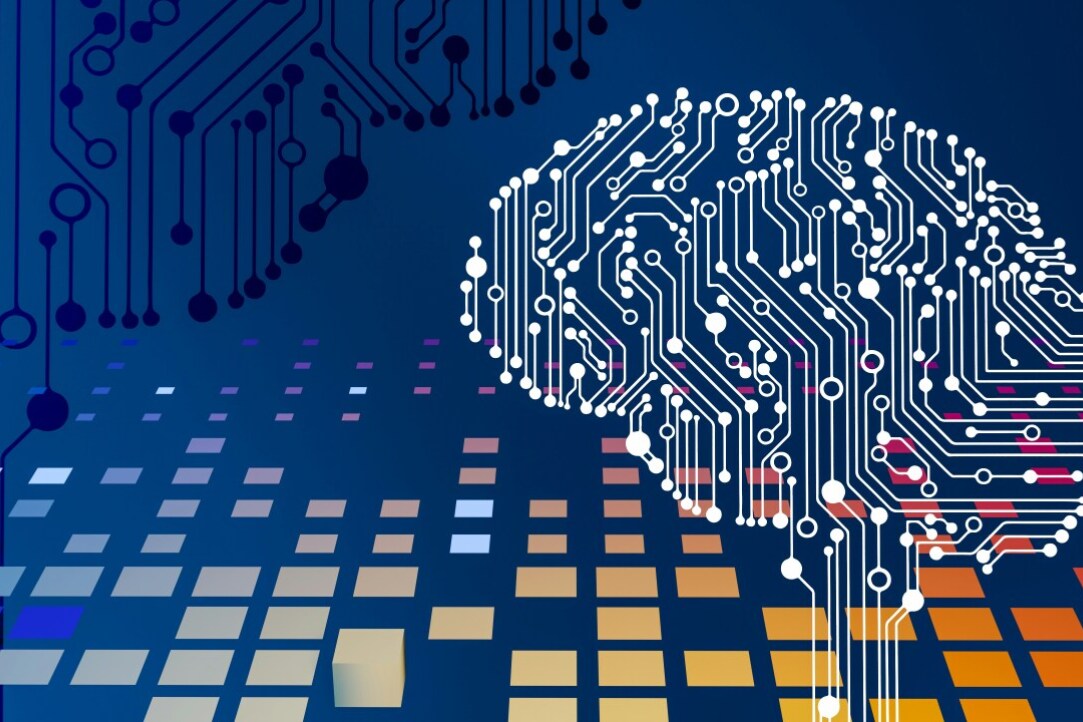AI and the Humanities: HSE University in St. Petersburg Scientists Join Forces for New Discoveries
Interdisciplinary research using artificial intelligence is actively developing at HSE University in St. Petersburg. Researchers from six university laboratories are jointly launching new projects to use AI to solve problems in sociology, linguistics, and psychology.

The Mind & Machines Camp 2025 seminar, organized on June 28-29, 2025, by the HSE Laboratory of Social and Cognitive Informatics, served as a scientific platform for exchanging experiences. Participants included researchers from the Linguistic Convergence Laboratory, the Evidence-Based Psychology of Health and Well-Being Laboratory, the Natural Language Laboratory, the Game Theory and Decision Making Laboratory, the Center for Language and Brain, the Combinatorics and Algorithms Laboratory at MIPT, and the Institute of the Human Brain of the Russian Academy of Sciences. Experts discussed the use of large language models (LLM) in psychodiagnostics and emotion analysis, the creation of virtual assistants, issues in linguistics and cognitive science, as well as problems in embedding theory, network topology, and the structure of human memory.
Olesya Koltsova, Head of the Laboratory of Social and Cognitive Informatics: Joint projects are becoming an important stage in shaping the future of science. If we want AI to demonstrate skills similar to natural intelligence, it is important to understand its operating principles and be able to evaluate its decisions.
The academic discussion focused on LLM (Large Language Model): artificial intelligence that "understands," processes, and generates human speech. Scientists at HSE University in St. Petersburg use such models not only to analyze large amounts of text information but also to solve practical problems. For example, specialists from the Laboratory of Evidence-Based Psychology of Health and Well-Being discussed how they plan to use AI to find effective ways to assess subjective well-being—a parameter for which there is still no unified standard for measurement in psychology.
The scientists also discussed other computationally complex approaches to human research, such as signal processing for experimental equipment. "We use electroencephalography to measure various processes. For example, we measure markers of cognitive load when a person encounters a statement that contradicts their experience or beliefs. Eye tracking is used to study the perception of text and visual information. Processing eye tracking and EEG signals often requires analyzing a large number of parameters, so machine learning methods are more effective," explained Olesya Koltsova.
Practical developments include assistants for education, healthcare, and human resources. One of the projects, EdFitter, is already piloting at HSE University in St. Petersburg. The system analyzes Russian labor market data and recommends training courses based on a query, such as "I want to work as an engineer." The scientists are also developing a new product for the medical field.
.jpg.(500x333x123).jpg) "We are exploring the idea of creating a prototype assistant for doctors. Staff shortages necessitate reducing the burden on primary care by automatically collecting basic information and efficiently routing people." Some patients need emergency care, others can be routinely referred to a specialist, and still others can simply be advised to take painkillers and get some sleep. To implement this triage, AI must be taught to effectively communicate with potential patients. Initially, we plan to focus on one area of medicine, and if successful, we will develop the idea further. We hope to partner with one of St. Petersburg's leading medical research institutes to assist us in this," comments Olesya Koltsova.
"We are exploring the idea of creating a prototype assistant for doctors. Staff shortages necessitate reducing the burden on primary care by automatically collecting basic information and efficiently routing people." Some patients need emergency care, others can be routinely referred to a specialist, and still others can simply be advised to take painkillers and get some sleep. To implement this triage, AI must be taught to effectively communicate with potential patients. Initially, we plan to focus on one area of medicine, and if successful, we will develop the idea further. We hope to partner with one of St. Petersburg's leading medical research institutes to assist us in this," comments Olesya Koltsova.Another area where LLMs are useful is art. The Language Convergence Laboratory is working on using a large language model to search for and describe paintings. One of the projects is being implemented jointly with the State Hermitage Museum: specialists are training a neural network to select paintings based on user descriptions and generate annotations for the artworks.
The main event of the seminar was a series of joint brainstorming sessions—teams were formed based on scientific interests using a special script. This approach helped scientists from different fields unite to solve common problems.
As a result, five new areas for scientific collaboration have been identified. These include the integration of language models with physical principles, analysis of the impact of AI on thinking, and the creation of systematized databases for working with large volumes of information.
